I went to the Gaza Strip as a young journalist to see it for myself. I didn’t know much about the history, the wars, the culture. But I knew that it mattered, I’d heard about it my whole life, and I wanted to understand.
It was then, and remains, a confounding, unforgettable place. A tiny sliver of land sandwiched between Israel, Egypt and the Mediterranean Sea; 4o km long and roughly 7 km across. Its population is the equivalent of Brisbane – 2.4 million – but Gazans live in an area forty times smaller than that city. The Strip is crowded, and the atmosphere breathless.
I ended up living and working in Gaza City as a foreign correspondent, and reporting for the BBC. Flashes of my time there come rushing back, whenever events there burst into the news again, as they did in an unprecedented way last week.
I ended up living and working in Gaza City as a foreign correspondent, and reporting for the BBC.
Since Hamas fighters broke out of Gaza into surrounding communities, family homes, kibbutzim, even a music festival inside Israel itself, killing 1300 and taking hostage 200 more, events have cascaded.
An Israeli bombing campaign has killed an estimated 3000 Palestinians in Gaza. One million Palestinians have been herded away from their homes in northern Gaza. US President Joe Biden has travelled to Israel. Attention has turned to Iran, which sponsors not only Hamas but Hezbollah, too. Anti-semitic attacks have risen in Europe.
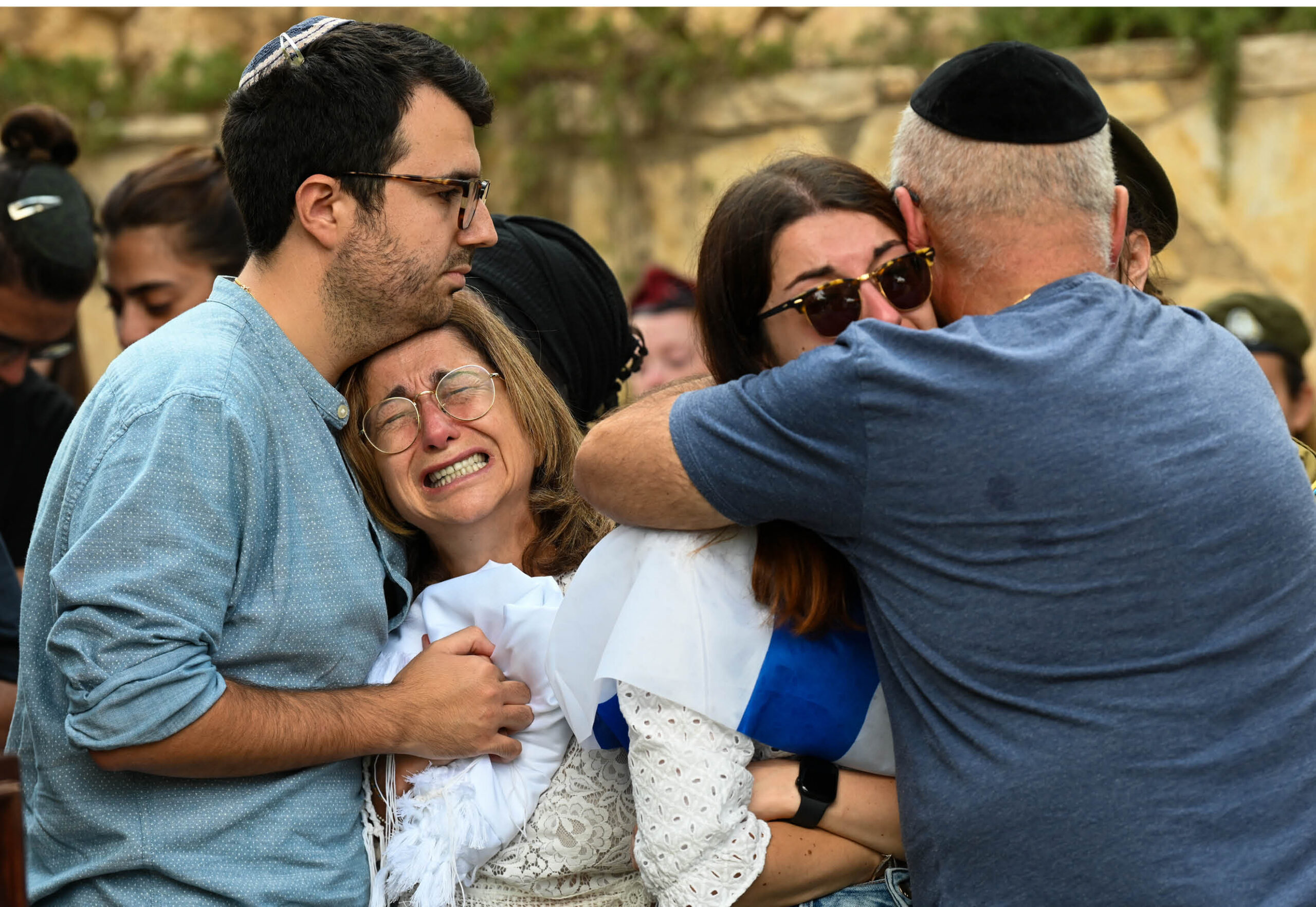
This is a crisis at scale, fast moving, and ever more deadly.
Gazans are no strangers to aerial bombardment by Israel (although 6000 bombs in six days is unprecedented). When I lived in Gaza, there was a rhythm to the conflict. Hamas or Islamic Jihad fighters would stage an attack on Israelis at the border, or fire rockets at Jewish settlements; or a suicide bomber would detonate himself on an Israeli bus. Then Gaza would prepare for the air assault that would inevitably follow.
Families knew the drill. They would get in food and fuel for generators. Charge phones and devices while there was still power. Store water. Workers would head home early. And wait.
The jets would cruise in from the West, red lights blinking in the night sky. You’d hear the explosion first, then see a plume of smoke. The windows might rattle, depending on how close you were to the impact. There might be missiles fired too from naval ships out to sea. Helicopters. And a barrage from tanks on the border.
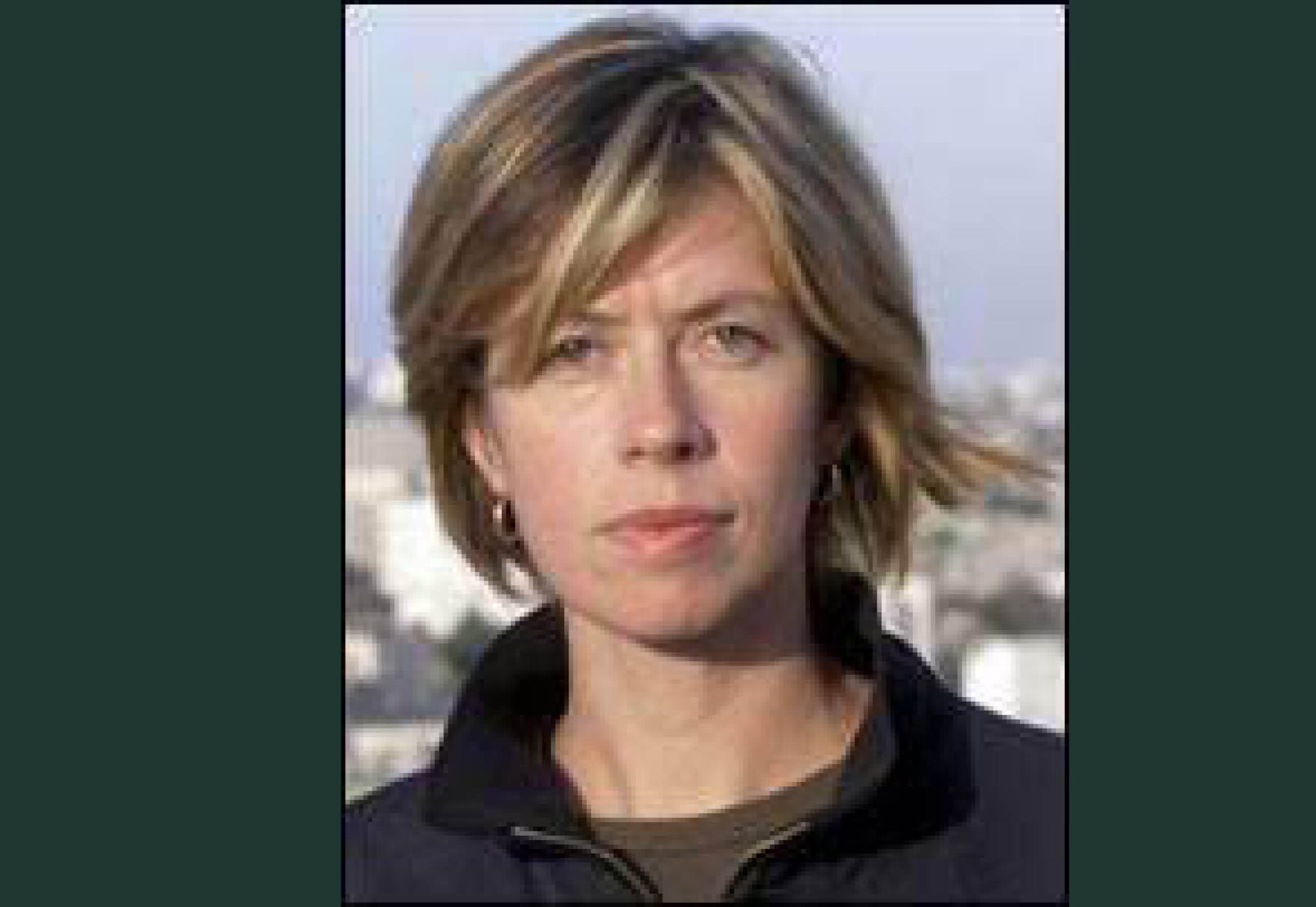
The outcomes you know well enough if you’ve followed the news this week. Sometimes one bomb would strike – emergency services, neighbours, media would run to the site – only for another bomb to fall in the same place, five minutes later. It’s called a secondary strike, and feels calculated only to maim, and maximise suffering.
I remember evenings spent with friends trying to keep a sense of normality at home, even as they waited for the bombs to fall. Mothers insisting the kids come to the table at the usual time for dinner. Fathers checking bedroom windows were open, just a chink, to stop the blast from shattering the glass.
Through the night, the streets were empty, apart from ambulances, or desperate relatives trying to reach a neighbourhood where the bombs had fallen. Some men would sit outside on the street, and smoke. Kids played in their pyjamas. There was nowhere to go. And nothing to be done.
As a foreign journalist, I could cross with relative ease from Israel into Gaza, and back again. Although it was a high security experience, watched over by Israeli soldiers in look-out towers, it was straightforward enough. I could go to Tel Aviv for a haircut. But my Palestinian colleagues who pined to pray at the sacred Al Aqsa Mosque in Jerusalem’s old city – who wanted their teenagers to leave for education – and whose old people needed healthcare – had no freedom of movement. They were considered a security risk. No-one went anywhere without papers, and permissions. Lives put on hold for years.
I remember evenings spent with friends trying to keep a sense of normality at home, even as they waited for the bombs to fall.
There was a frustration among young people. The future felt fruitless. Sure, get an education, but for what? My co-worker played Lebanese pop loudly, and soccer on the beach to feel normal. Our friend would stand on the sand and scream at the sea.
Even schoolchildren praised the ‘martyrs’ who launched suicide attacks inside Israel itself. I knew one teacher who said he struggled to convince his sixth graders not to attempt martyrdom themselves – in the end he’d advise they should perhaps just wait until they were older.
Ordinary Gazans were poorly served by their politicians. Yasser Arafat and his Palestinian Authority were regarded in the end as a corrupt leadership who’d failed to bring the progress they’d promised. Hamas and Islamic Jihad made no such promises. Not that people had much of a choice: some figured, at least they were fighters, prepared to take on a punitive Israel. If you dared to criticise Hamas, or the resistance, you and your family would pay a price.
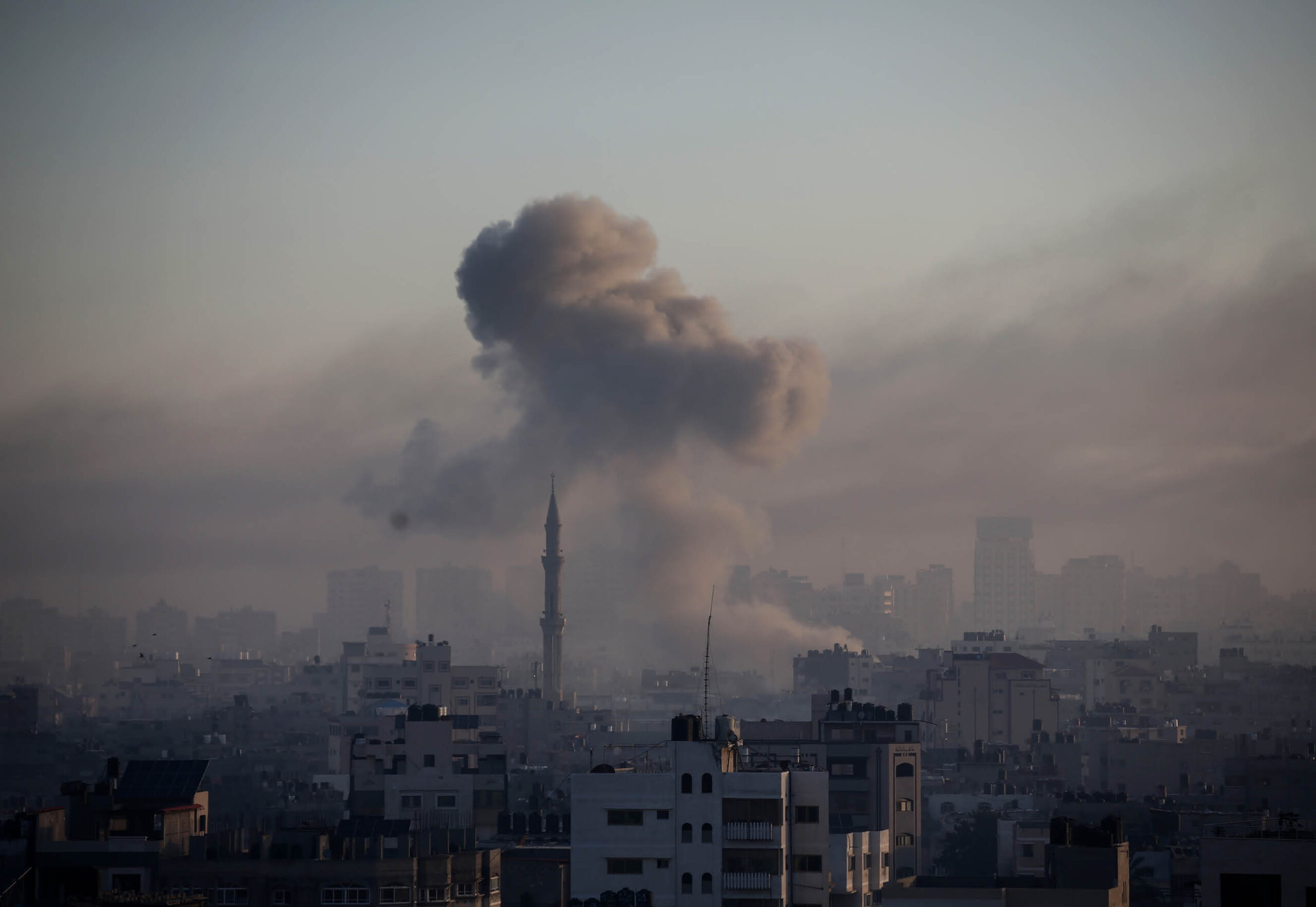
Now, there’s an even sharper sense of injustice – with settlers moving into the West Bank, empowered by the Netanyahu government; an ever-weaker Palestinian Authority; a continuing blockade; and a complete absence of any peace process.
At first, last week, as Israel prepared its response to Hamas’ brutality, there were texts, calls, emails from friends in Gaza. Where might be safe? What would the Israelis do? Would there be a land invasion? Bread was already running out. And what about the hospitals, and my friend who was due to give birth? As the bombing began, and Israel warned the Palestinians to leave the North – one messaged ‘We miss people like you being here in Gaza to cover the story and show the truth to the world.’ Now, it’s hard to get a hold of anyone. I call at night when my kids are in bed. I’m hoping the reason my friends don’t answer is because their devices are out of power – not that they are lying in Shifa hospital, or worse. I think of them drinking sea water and lying awake in terror.
I’ve watched in awe my former colleagues this week, reporting from makeshift mortuaries, and bombed out streets. On the news, I saw one in tears, as they reported from Shifa, and he recognised his cousin lying injured on a stretcher. I remember, he liked to smoke, and dance.
Now, as then, there are competing narratives of who is to blame. But in the end, it is the people who pay the price for their rulers’ cruelty and revenge.
Now, as then, there are competing narratives of who is to blame. But in the end, it is the people who pay the price for their rulers’ cruelty and revenge.
There’s so much to read and understand about Gaza, and Israel, but take five minutes more if you can and read this article. It’s a moving account written for us by a Palestinian woman with four children who is sleeping tonight in a shelter in Gaza, struggling to find enough food and water for her children.




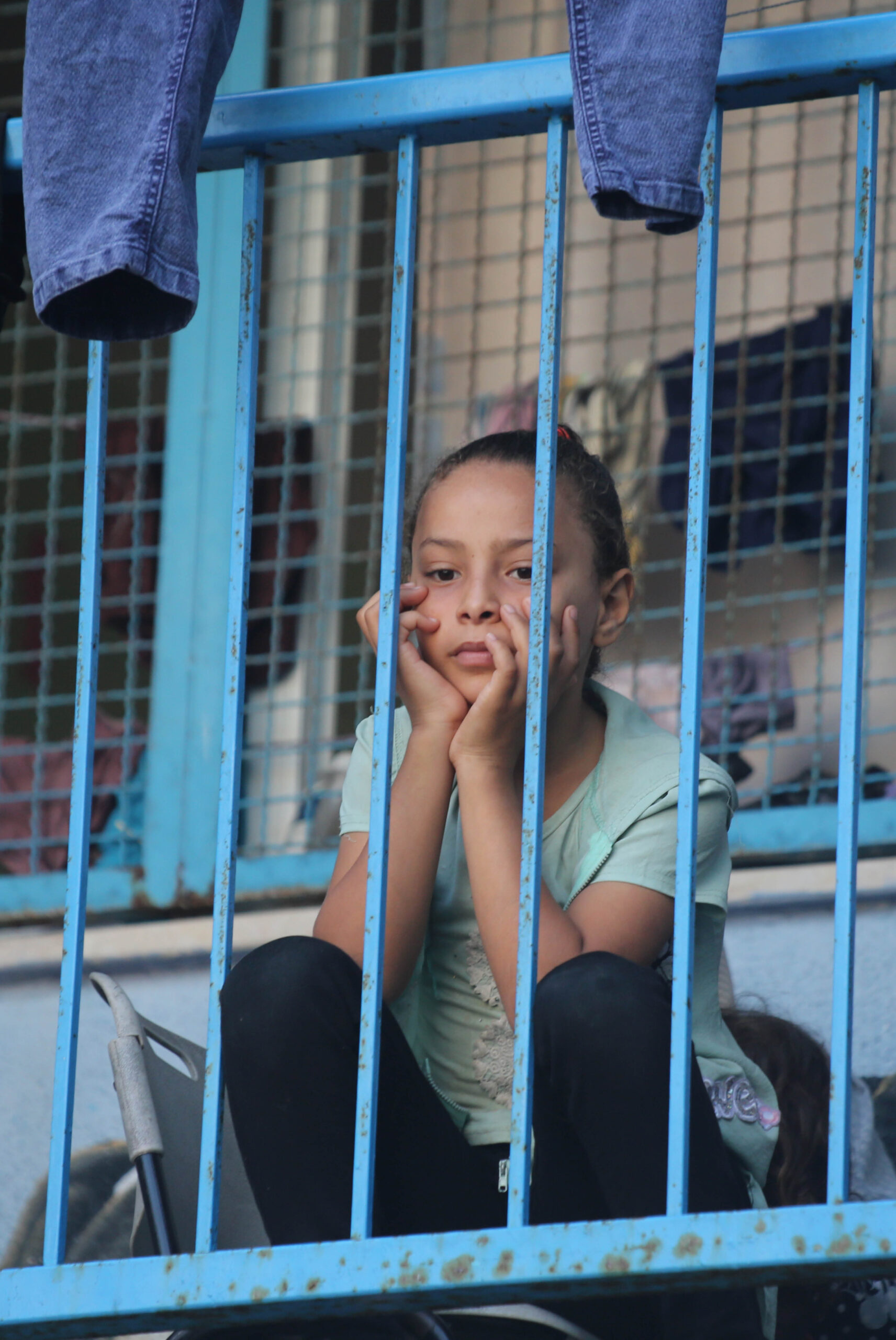
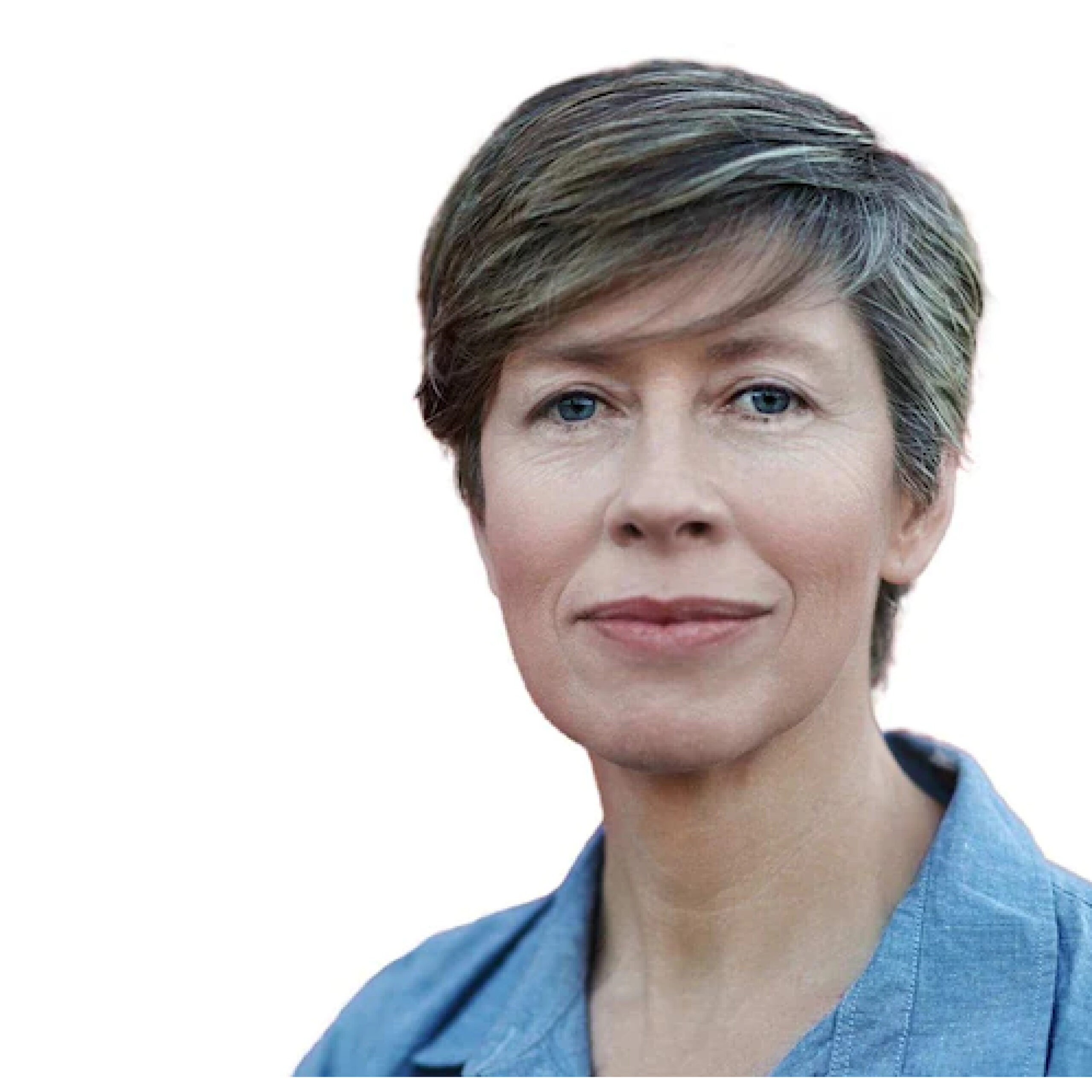


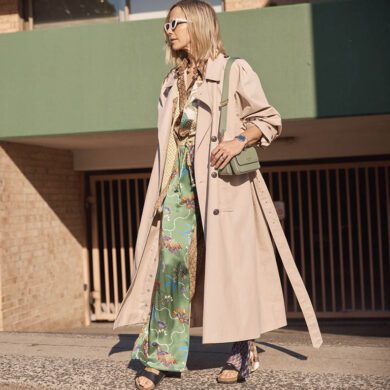

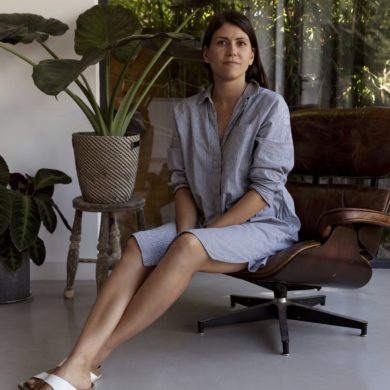

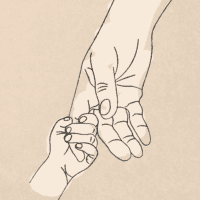
No Comments